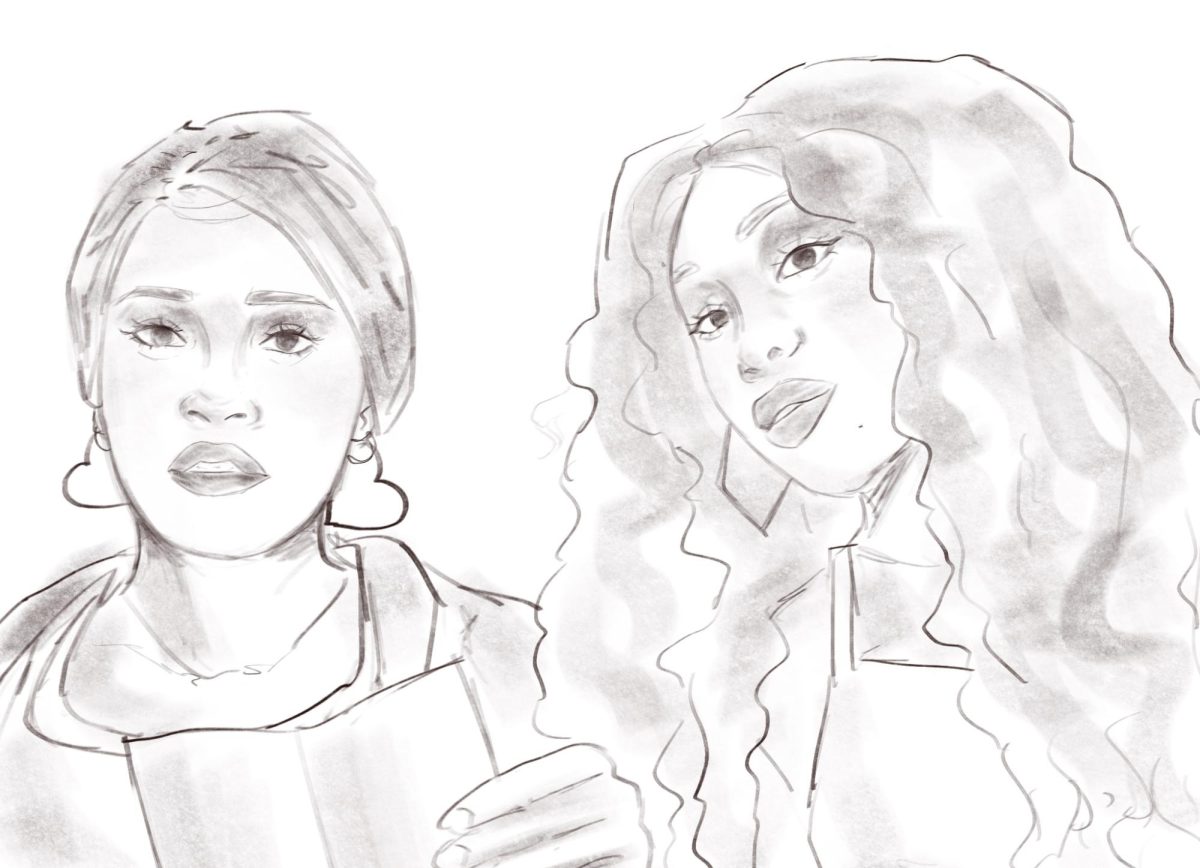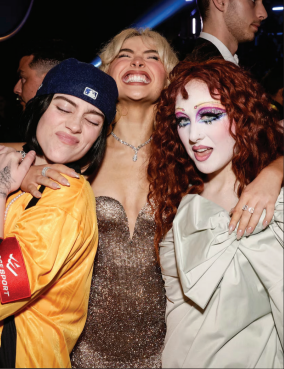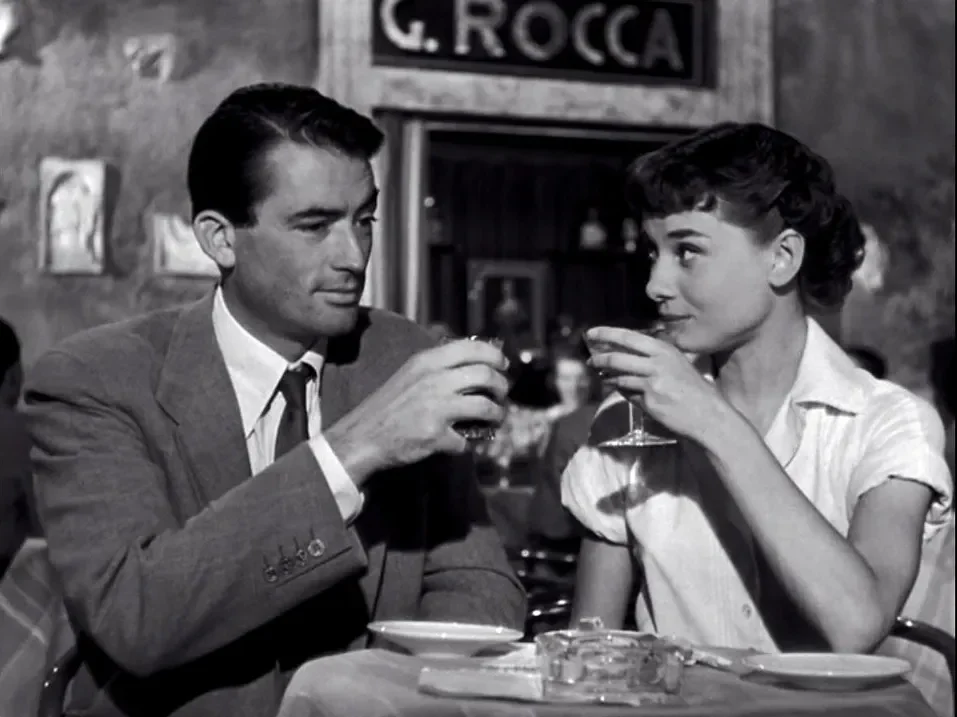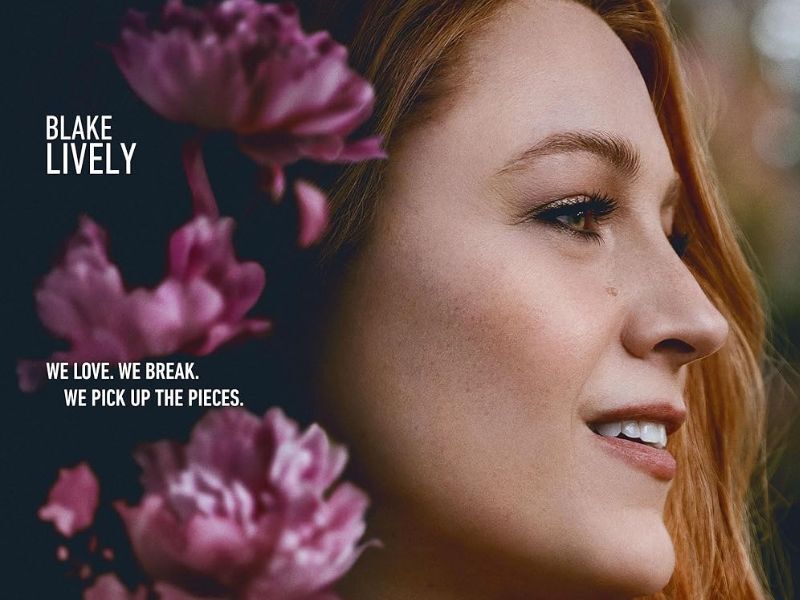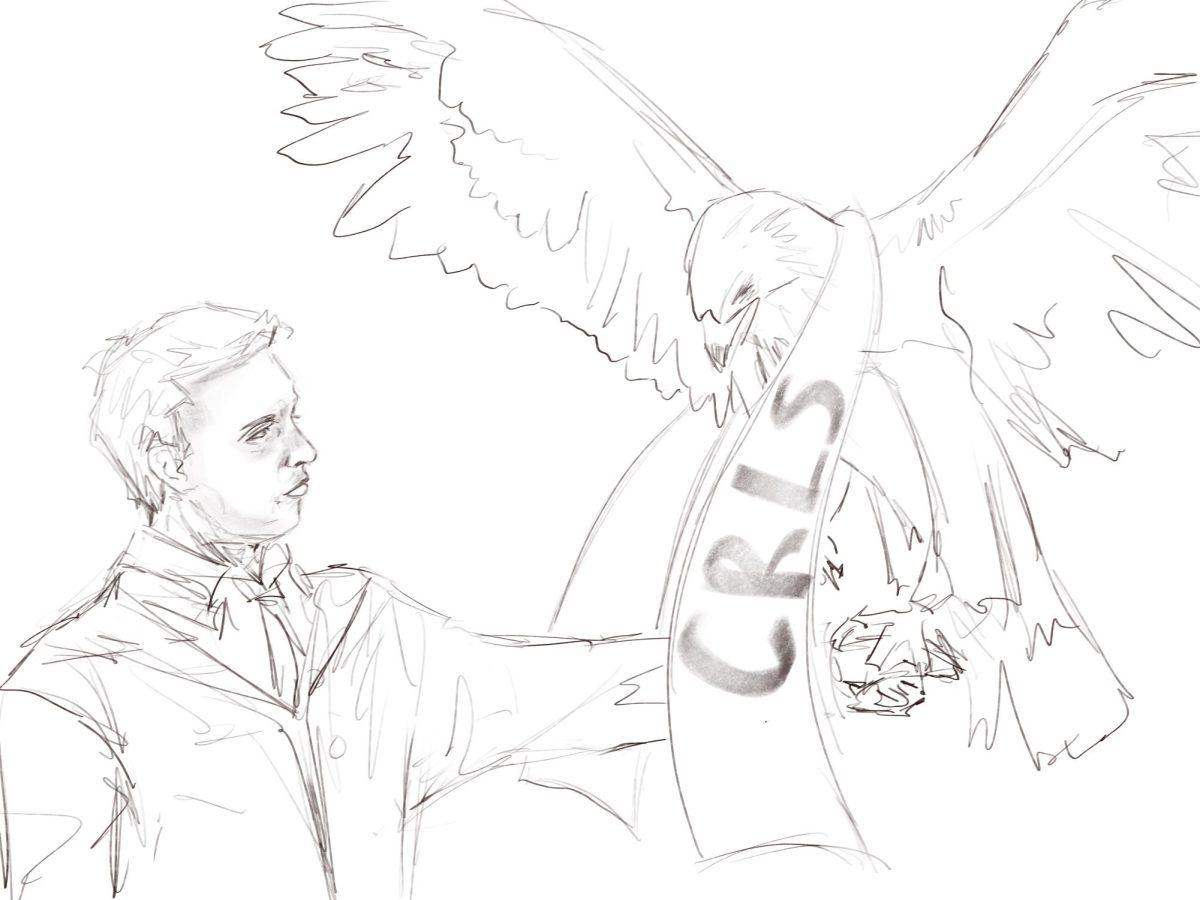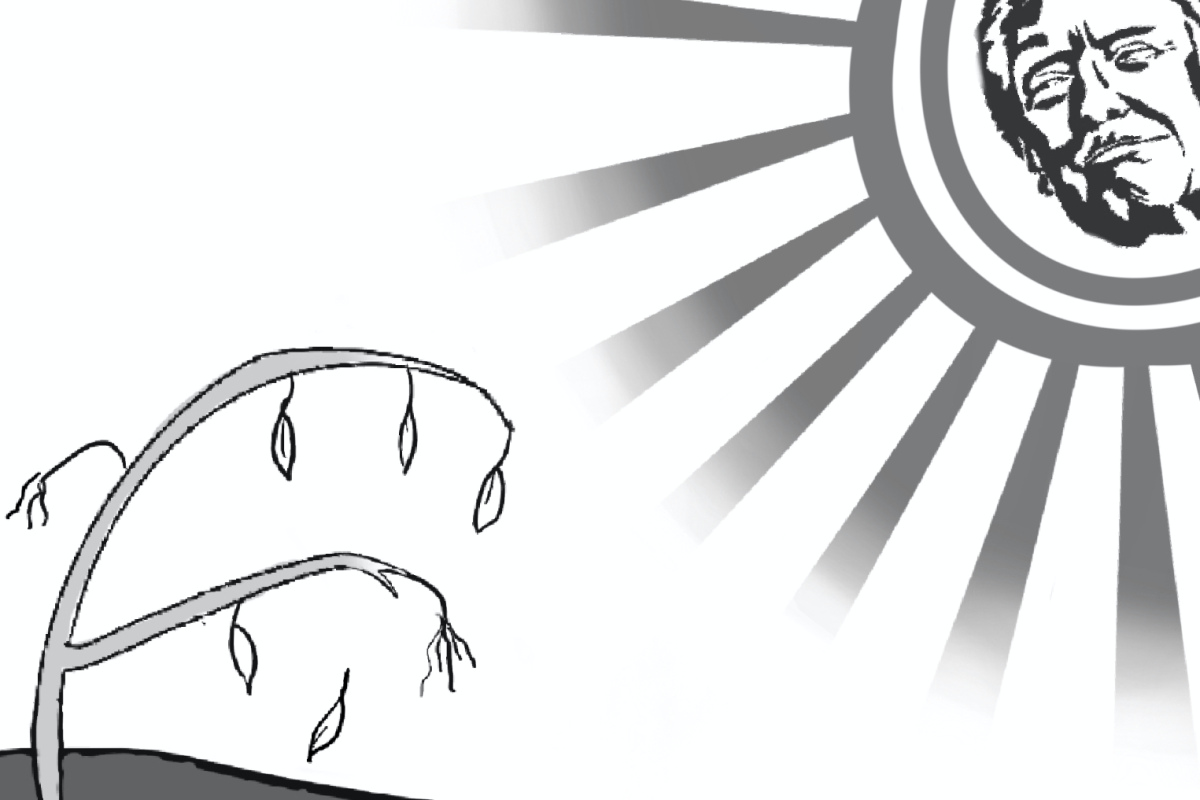With the release of Barbie (2023), Greta Gerwig’s name made headlines as the first female director with a billion-dollar box office film. Prior to her solo directorial debut in 2017, Gerwig worked as an actress in smaller independent films but ultimately found more mainstream success through filmmaking. Fans may have recognized her name from her previous works, the Oscar-nominated coming-of-age film Lady Bird (2017) and the Oscar-winning adaptation Little Women (2019).
Gerwig’s rise to the top is remarkable in a number of ways. While her previous films could never be categorized as “underground,” the audience they reached was one familiar with the social and gender dynamics of her films, and the sheer quality of her productions left little room for criticism. Barbie, on the other hand, was a highly anticipated blockbuster without the same self-selecting audience. Viewers unfamiliar with Gerwig were surprised by the feminist undertones of the movie (some countries including Algeria and Kuwait even banned the screening of the film due to what Kuwait’s Ministry for Press and Publication called an “alien” conveyance of “social order”), although those familiar with Gerwig’s style likely tuned in for the same elements that Kuwait took issue with. The film’s ability, nonetheless, to offer a feminist perspective under the guise of a historically objectifying brand is in no small part Gerwig’s doing and speaks strongly to her mastery of filmmaking, marketing, and digestible activism through fiction film.
The second phenomenon of Greta Gerwig’s career appears in her ability to insert her delightfully alliterative name into the bubbling discourse surrounding her film releases. While celebrity filmmakers do exist, only a select few directors are able to become household names in comparison to the big-name recognition of hundreds of actors. And of these few well-known directors, practically none are women. Even among the highest-grossing films of the century, it’s unlikely that the average fan could identify most films’ directors, despite their undoubtedly significant role in bringing their films high earnings and widespread popularity. Yet Gerwig has not yet been overshadowed by her A-list cast members in the conversation around Barbie’s success. An image circulating the internet showed Barbie star Ryan Reynolds wearing a pink and white “Greta Gerwig” shirt on a red carpet promoting the film, and the press tour for the film included interviews with not only the many stars of the cast but Gerwig herself—an uncommon occurrence for newer directors such as Gerwig.
Barbie seems to represent a transition in Gerwig’s career, inviting her aesthetically precise and distinctly feminist filmmaking style to the big screen of modern cinema. The widespread positive reception of the film is also indicative of a growing acceptance of this style in stark opposition to the standard of borderline or explicitly misogynistic commentary circulating the film industry. Having resisted conformity in her biggest film yet, fans can be comfortably optimistic about the direction Gerwig is taking Hollywood films and the franchise industry toward a brightly engaging feminist future.


